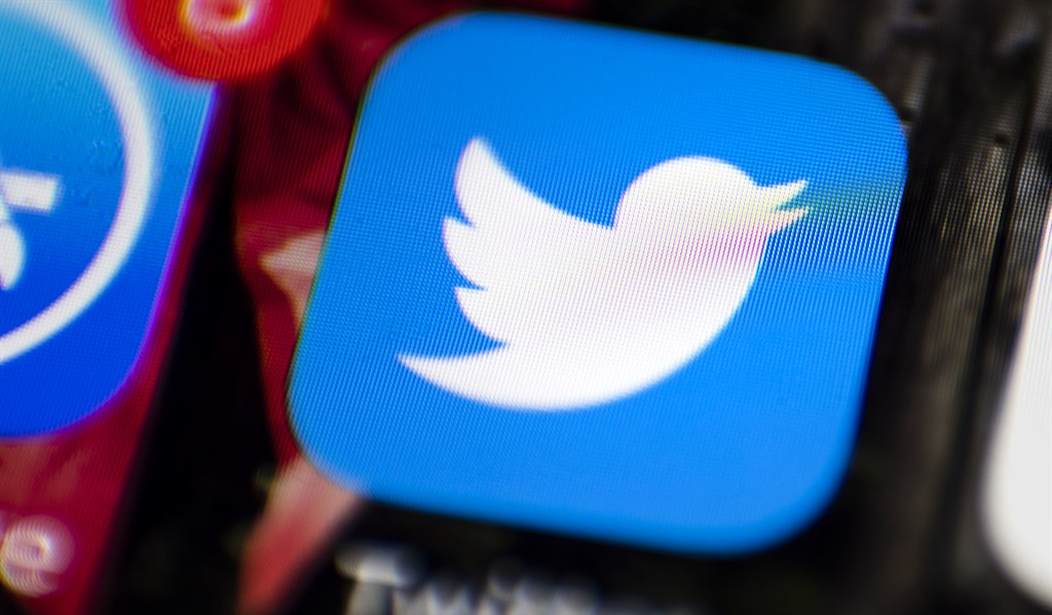On August 6, will you and your folks be observing American Family Day around a dinner table, at a neighborhood pool, or on a walk in the park? If so, what will you talk about? How you survived the July heat wave? What you expect from your favorite team in the coming football season?
Celebrated on the first Sunday in August, American Family Day has features that differ from certain major holidays, such as no gift exchanges, greeting cards, or traditional feasting. Instead, the idea is … just chill. Enjoy family. Play games outdoors, or go for a walk together. Take some treats over to the grandparents’ house and visit with them. Above all, talk to each other.
Here is a wild card for FamDay chatter: Technology, which is with us every waking hour (and, indeed, beyond if you count wristband devices that monitor your sleep). Of course, few families would want to jump into a thick stew of statistics or scholarly studies on a fun day, so keep it light. Are your phones and computers making you cool crafty cats, or clueless corpulent Bozos? Debate rages.
A conversation starter might come from recent news out of Denver, where an anesthesiologist, Tim Farnum, is on a crusade against smartphones because he believes they basically turned his youngest sons into zombies. He says they exhibited scary withdrawal symptoms when he tried to take the devices away from them. Farnum wants Colorado via a ballot initiative to become the first state to ban smartphone sales to pre-teen kids.
Shouldn’t parents take responsibility for their kids possessing and using electronic devices, rather than relying on government to do their job for them? FamDay discussion is welcome, but the correct answer is “yes, they should.” Few 10-year-olds have the money to buy any electronic gadget unless a parent gives it to them. Being a good parent means being able to say “no.”
Recommended
That ought to be the unspoken assumption behind any FamDay discussion of the tech effect on American life; parents will be making and enforcing the rules, if they aren’t already doing so. However, August 6 ought to be a time for the kids to have a say.
A December 2016 survey of parents of kids ages 8–18 by the nonprofit Common Sense Media could provoke inter-generational comment. When presented with a list of possible impacts of social media on children, those parents who detected differences (many said they saw none) reckoned, by margins of up to three to one, the technology hurt more than helped with kids’ face-to-face communication, ability to focus, and behavior. By more than five to one, they saw the gadgets as killers of physical activity. (No surprise there.) By a slim margin, they even thought heavy screen time hurt emotional health more than it helped.
On the positive side were relationships with friends (three to one said it “helps”) and school performance; however, a margin of just 1 percentage point was a puny vote of confidence, given the growing presence of tech giants such as Apple, Amazon, Google, and Microsoft in education.
The surprise in the survey was parents themselves spent, on average, nearly more than nine hours per day in front of their own electronic screens, where they can be found texting, tweeting, and Googling away. And never mind that nearly eight in 10 of them believed themselves to be paragons of good media habits for their children.
So kids could enjoy a good laugh over their parents’ preaching face time but practicing screen. Ultimately, though, technology is not going to fade away. In fact, it figures to become an ever-larger presence in our lives, for good or ill. Within the family, the task is to practice moderation in its usage so kids don’t become, well, zombies—or blobs.
Now families have help, if they want it, in developing their own family media plan, which might be a cool thing to do together on American Family Day. Developed by the American Academy of Pediatrics, the interactive tool aids in the creation of rules for what kinds of devices each child may use, how they may use them, and for what periods during the day. It can help set rules about staring into screens at dinnertime or putting devices under a pillow at bedtime. Such mandates could just be spoken, of course, but print lends authority.
To start your own family media plan, you can go right here (online, of course): https://www.healthychildren.org/English/media/Pages/default.aspx

























Join the conversation as a VIP Member